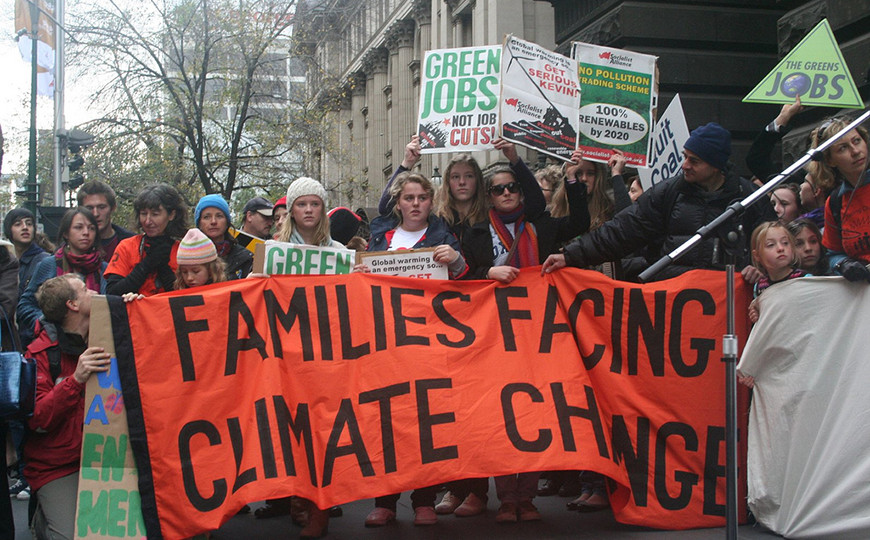 by Emma Spett
by Emma Spett
When I (a 23-year-old woman) was asked to write about my perspective on having children, two things were happening in my life: first, I was spending time with a community of folks in their 20s and 30s who were all childless. Second, I had just finished Learning to Die in the Anthropocene, a book by Roy Scranton about the climate crisis and our mortality as a species.
I started talking to the people in my life about having kids, asking what their plans were (if they had any) and what motivated those plans. I also spoke with my parents, who had three children in three years while still in their twenties, about the choices they made while building their family.
Throughout my week of conversations, I allowed Roy Scranton’s theory of humanity’s imminent destruction to inform my perspective. In his book he considers the ways in which we can move towards our demise gracefully, rather than in flames. What does that look like with respect to developing future generations of human beings? Do we want to bring children into this changing world?
Some of my friends expressed wanting kids because it seemed like a natural next step in a relationship. Some felt an inherent desire to be a parent, to carry a child. Some had made the choice long ago not to have children. When I asked my parents about their motivations, they shrugged and said that’s just how it happened.
To me, parenting in the anthropocene means that we must take responsibility for our new role as the primary geological force on earth. What can we do to alleviate our grasp of the world’s natural systems? We can have fewer children, surely. We can encourage the people around us to adopt, to participate in the lives of their friends’ and family’s children, we can encourage smaller families through policies and taxation and education. We can normalize, validate, and celebrate the conscious choice not to have children at all.
I don’t know if I’ll have kids. I’ve always felt motivated by my capacity to do impactful work, which has silenced, for the most part, any desire to devote time and energy to a future family. Additionally, as an environmentalist, I’m cognizant of the challenges we’ll face in the coming years, as humans grapple with our choice to grow without a consciousness of earth’s capacity to provide. It doesn’t feel imperative to me to make a sweeping statement about the choices I’ll make down the line with respect to my family. What is important, though, is to be conscious about how I can reflect my values in those choices.

